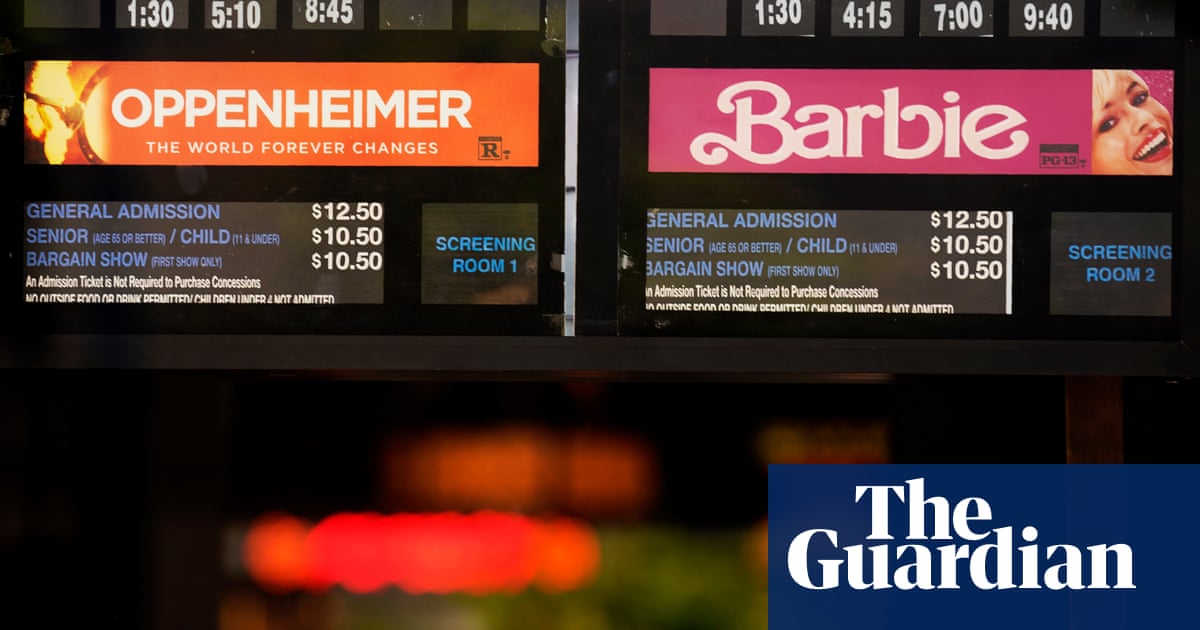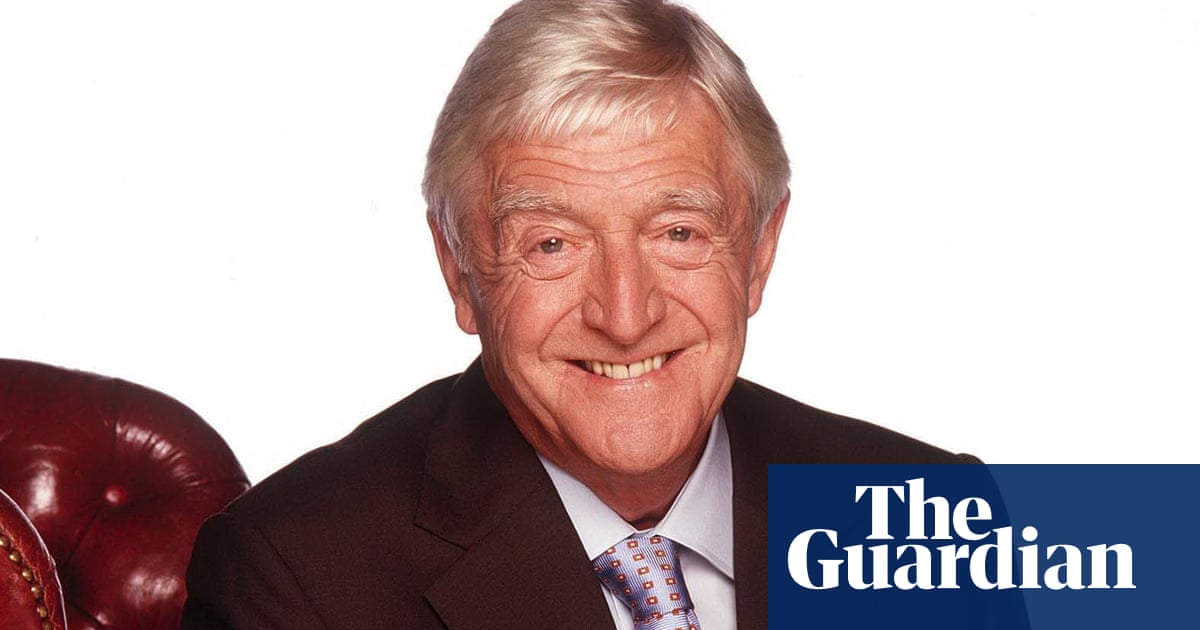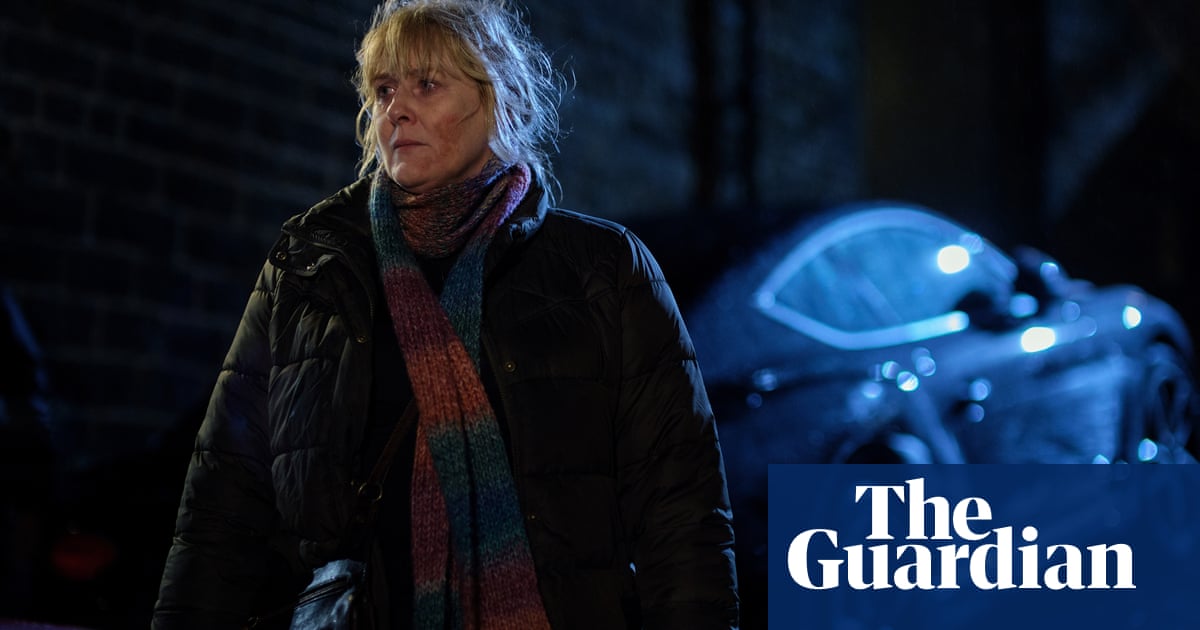
Martin Peters, who has died age 76, played in an era when everyone looked slim and elegant. He glided over muddy turf in crisp kit and heavy boots, a sodden ball never too far from his feet, as his football matched the uncomplicated rhythm of the day.
In a playing career that stretched from 1959 to 1981, few were harder to pin down, on or off the field, than the softly spoken Cockney, known as The Ghost for the stealth and art of his contributions from midfield to the front line. He was, his England manager, Sir Alf Ramsey, once said, a player “10 years ahead of his time”.
In other ways, Peters reflected perfectly the values and mores of post-war Britain. Born in Plaistow in London’s East End on 8 November 1943, the son of a Thames lighterman, Peters grew up in an era of respect and deference. As he ascended the famous 39 steps to the royal box at Wembley behind his friend and captain, Bobby Moore, to accept the Jules Rimet trophy for helping England win the 1966 World Cup, he wiped his hands on his shorts, so as not to muddy the Queen’s white gloves.
Peters, a goalkeeper in schoolboy football, was scouted by the legendary Wally St Pier and joined West Ham as a 15-year-old apprentice in the summer of 1959. Seven years later, just eight weeks after making his England debut in a friendly against Yugoslavia, he was a World Cup winner. It was a gilded rise in an era when international caps did not come cheaply.
Peters was well worth his place. A year earlier on the same ground, he was part of the West Ham team who beat 1860 Munich to win the European Cup Winners’ Cup, alongside Moore and Geoff Hurst.
Hurst, who scored a hat-trick in the 4-2 win over West Germany, said on Saturday night: “Today is a very sad day for football and for me personally. Martin Peters was one of the all-time greats and a close friend and colleague of mine for in excess of 50 years, a fellow World Cup final goalscorer and my West Ham partner for years along with Bobby Moore. RIP old friend.”
Peters scored in the 78th minute of the final and would have been remembered forever as having hit the winning goal but for Wolfgang Weber’s last-minute equalizer, which took the game into extra time – where Hurst famously finished the job.
When Ramsey’s squad moved on from formal celebrations at the Royal Garden hotel in Kensington for more riotous afters in West End nightclubs, Peters and his wife, Kath, who had met as teenagers at a bowling alley in Dagenham, settled for a quiet cup of tea.
Peters returned to the embrace of the Upton Park fans, scoring a hundred goals in 364 games before trading places across north London with Tottenham’s Jimmy Greaves in 1970 in a deal that made him the game’s first £200,000 player. It did not visibly affect his demeanor. Peters helped Spurs to the 1971 and 1973 League Cups and the Uefa Cup in 1972, his game memorable for his calm passing with either foot and commanding presence in the air.
Peters was part of Ramsey’s team at the 1970 World Cup and scored to put England 2-0 up in the quarter-final against West Germany, but was substituted nine minutes from the end, with England leading 2-1. The Germans won 3-2 in extra time. Peters was inconsolable.
He was awarded the England captaincy towards the end of his 67-cap career – in which he scored 20 goals – but could do nothing to help England qualify in 1974.
After five years at Spurs, he had decent spells at Norwich, Sheffield United and non-league Gorleston. With the help of Hurst, Peters later worked with a car warranty firm, although he had to sell his World Cup memorabilia in 2001. Peters, who was awarded an MBE in 1978, shunned publicity and attention, but was always warmly acclaimed when he returned to White Hart Lane or Upton Park as a guest.
In 2016, he was diagnosed with Alzheimer’s. Mike Collett, who was the global football editor of Reuters at the time, remembers the 50th reunion of the World Cup winners that year with sadness. “I had met and interviewed Martin a number of times, especially during his years at Spurs,” Collett recalled on Saturday night. “He was always so insightful and charming with the media. But in 2016 it was heartbreaking. He was struggling to remember anything about the World Cup, and was being prompted with names of his teammates. In the end, as is the way with these things, the reporters cobbled something together, but he was clearly very ill. It was an extremely sad realization for all of us.”
Peters died peacefully in his sleep in the early hours of Saturday. He is survived by his wife, Kath, their children, Leeann and Grant, and granddaughters Hannah and Meg.(The Guardian)












